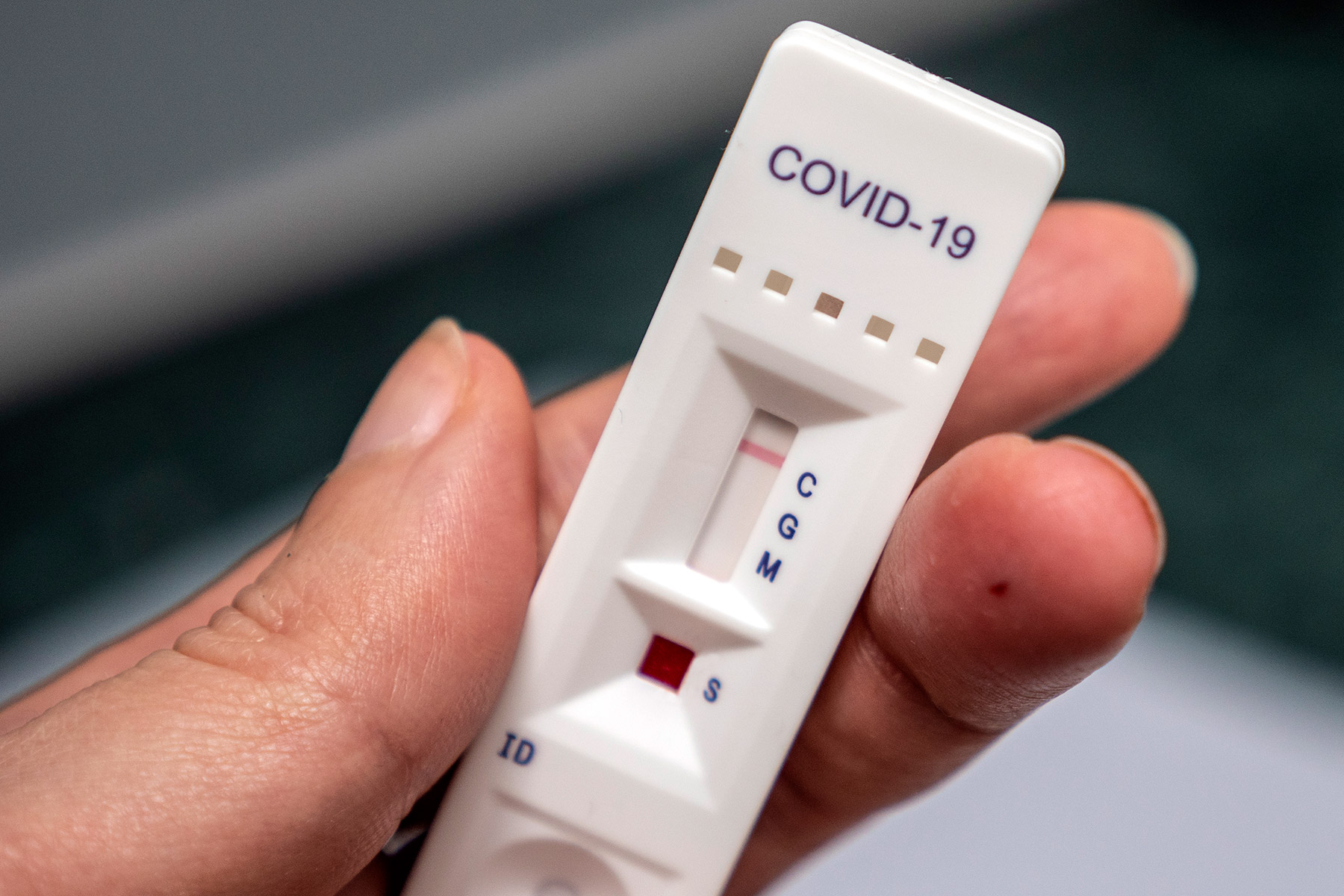A study of 365,000 people in England found evidence that coronavirus antibodies decline over a 3-month period.
The decline was highest among people 75 and older and lowest in people 18-24. Health care workers showed no decline in antibodies.
“This very large study has shown that the proportion of people with detectable antibodies is falling over time,” said Professor Helen Ward, one of the lead authors of the report. “We don’t yet know whether this will leave these people at risk of reinfection with the virus that causes COVID-19, but it is essential that everyone continues to follow guidance to reduce the risk to themselves and others.”
Researchers cautioned, however, that the study has limitation and that the same groups of people were not necessarily tested in each round, so there may be a chance that less infected people were tested in each round.
The findings are a blow to scientists who think herd immunity will eventually bring down the coronavirus.
Herd immunity occurs when a large part of a population becomes immune to a disease by developing antibodies, either by vaccination or by becoming infected.
While every single individual may not be immune, the group as a whole has protection. Researchers have said 50% to 67% of the population would need to be resistant before herd immunity kicks in and the infection rates start to go down.
Professor Paul Elliott, director of the Imperial College London program, emphasized that scientists still don’t know how much — if any — immunity is imparted by having COVID antibodies.
“Testing positive for antibodies does not mean you are immune to COVID-19,” he said. “It remains unclear what level of immunity antibodies provide, or for how long this immunity lasts. If someone tests positive for antibodies, they still need to follow national guidelines including social distancing measures, getting a swab test if they have symptoms and wearing face coverings where required.”














